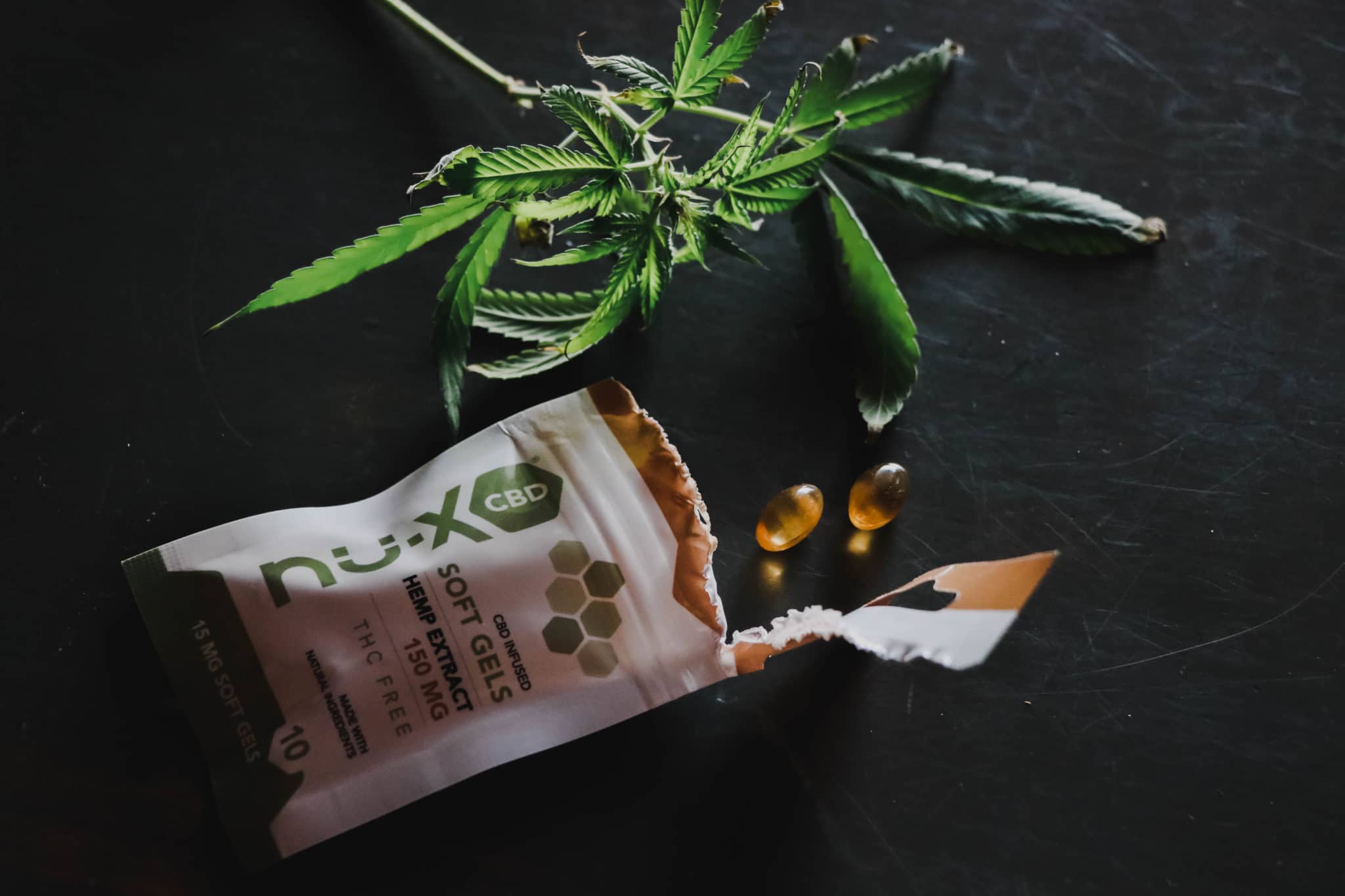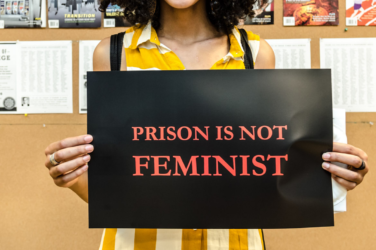The FDA has approved a Phase 2 clinical trial for a cannabidiol (CDB) pill for opioid use disorder (OUD) patients who are receiving buprenorphine. The drug, called Nantheia ATL5, is a formulation of 100 milligrams of CBD—a naturally occurring compound in the cannabis plant—in a special liquid gel. It’s being developed by a company called Ananda Scientific Inc, which says that the liquid gel technology makes CBD more available in the bloodstream.
The FDA granted approval on January 4 for the company to conduct a clinical trial at the University of California, Los Angeles (UCLA). The study will enroll 60 participants who are currently undergoing OUD treatment with buprenorphine alone or Suboxone (buprenorphine plus naloxone). Participants who met an OUD diagnosis more than three months ago, and have self-reported using non-prescribed opioids at least once in the past month, are eligible; those who are in acute withdrawal, or who are on methadone or naltrexone treatment, are not. That omission is notable, because buprenorphine patients tend to be whiter and more affluent.
While more treatment options are always welcome, CEO Zaidi’s comments perpetuate harmful misconceptions about MOUD.
Researchers will show participants a series of images, some of which reference heroin or other opioids. They’ll then measure if the participants experience any cravings, and how CBD use may affect them.
The study will also measure how safely patients can use buprenorphine and CBD together, and one of its stated goals is “retention in treatment.” But Ananda CEO Sohail Zaidi told Filter that the company’s goal is to ultimately get patients off of all opioids, including buprenorphine or other medications for OUD (MOUD).
In an announcement, Zaidi suggested that MOUD are addictive, claiming that “a non-addictive therapy is a significant unmet need.” While more treatment options are always welcome, Zaidi’s comments perpetuate harmful misconceptions about MOUD—which all the evidence shows allow people to live healthier and more stable lives, avoiding criminalization and the inherent risks of illicit markets. These same misconceptions are reflected in government policy that denies funding or access to MOUD programs.
In medicine, the topic of any cannabinoids as treatment for OUD is controversial. In a November 2019 study, Dr. Yasmin Hurd, director of the Addiction Institute at Mount Sinai, and her colleagues showed that for abstinent individuals with heroin use disorder, CBD helped reduce cravings and anxiety in the short-term compared to a placebo. None of the patients were receiving MOUD. Most had used heroin in the past month, but none were currently experiencing acute withdrawal during the trial.
She stressed that this science is very much in its infancy, and that we’re a long way from CBD being approved as an adjunctive treatment for OUD.
“Craving and excessive stress are the things that often trigger the relapse that individuals may encounter,” Hurd told Filter. “If you can manage people’s craving, then you should be able to hopefully reduce the opioid that they may be on, but some people may still need buprenorphine or methadone, and CBD could be an adjunct therapy.”
She stressed that this science is very much in its infancy, and that we’re a long way from CBD being approved as an adjunctive treatment for OUD. Her clinical research was the first on this topic; besides her office’s continuing research and the Ananda trial, other investigations are now underway.
While MOUD are safe and effective, Hurd said there are many reasons why someone may want to get off these medications completely—such as feeling that they are still “addicted,” or the stigma and barriers attached to treatments like methadone. Highly regulated, methadone is normally only dispensed through clinics that require many people to attend daily, greatly disrupting their lives.
CBD is not a controlled or regulated substance, as buprenorphine and methadone are. So any future CBD treatment would be more easily accessible, but also point to the need for reliable sources with safe manufacturing practices.
The Wider Picture With Cannabis and Opioids
CBD is just one of hundreds of cannabinoids found in cannabis. And there is further controversy about the extent to which other forms of cannabis—including smoked flower, edibles and more—may help people with OUD.
One 2020 study asked 200 people who used both opioids and cannabis in the past month how it affected them. Of these, 125 respondents self-treated opioid withdrawal with cannabis—and 72 percent said they found relief. The most frequently cited form of relief from was anxiety, followed by tremors.
But a 2021 study with a larger sample was inconclusive. It recruited over 2,300 participants who were receiving MOUD in Ontario, Canada. It examined outcomes for people who used both cannabis and opioids in the past month. It found no association between cannabis and opioid use for those in treatment. It actually found some negative effects—many participants said they experienced side effects and cravings associated with cannabis use. But it did find that daily cannabis use was associated with less opioid use.
Perhaps the most controversial study in this field was published in 2014. It found that states with medical marijuana laws between 1999-2010 had on average a 24 percent lower annual opioid-involved overdose mortality rate. But in 2019, different researchers repeated the experiment and included more recent years of data. They found the opposite—medical marijuana states had 23 percent higher opioid-involved overdose rates. But the researchers concluded there was probably no causation.
“A clinical trial going ahead is really exciting. It’s an idea that’s been promoted without an evidence base.”
Dr. Chelsea Shover, an epidemiologist at UCLA who was the lead author on the 2019 study refuting the 2014 medical marijuana research, shared with Filter her thoughts on the new CBD trial.
“There’s been very little research on it and no high-quality clinical trials,” she said. “That’s why the announcement that a clinical trial is going ahead is really exciting. It’s an idea that’s been promoted without an evidence base.”
She acknowledged the good evidence that cannabis or other cannabinoids can help people with illnesses including epilepsy, nausea in chemotherapy patients or MS spasticity.
Photograph by Elsa Olofsson via WikiMedia Commons/Creative Commons 2.0





Show Comments